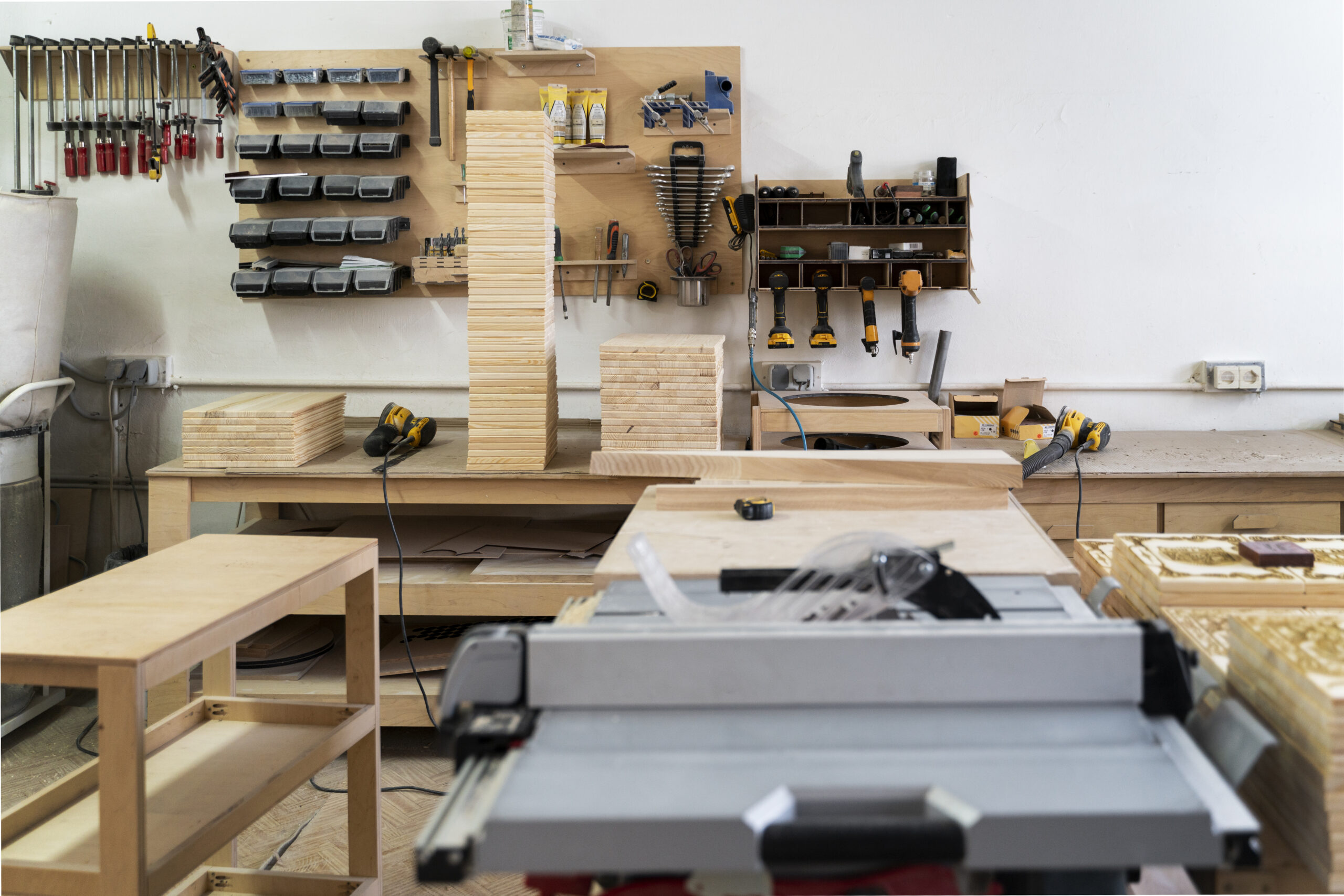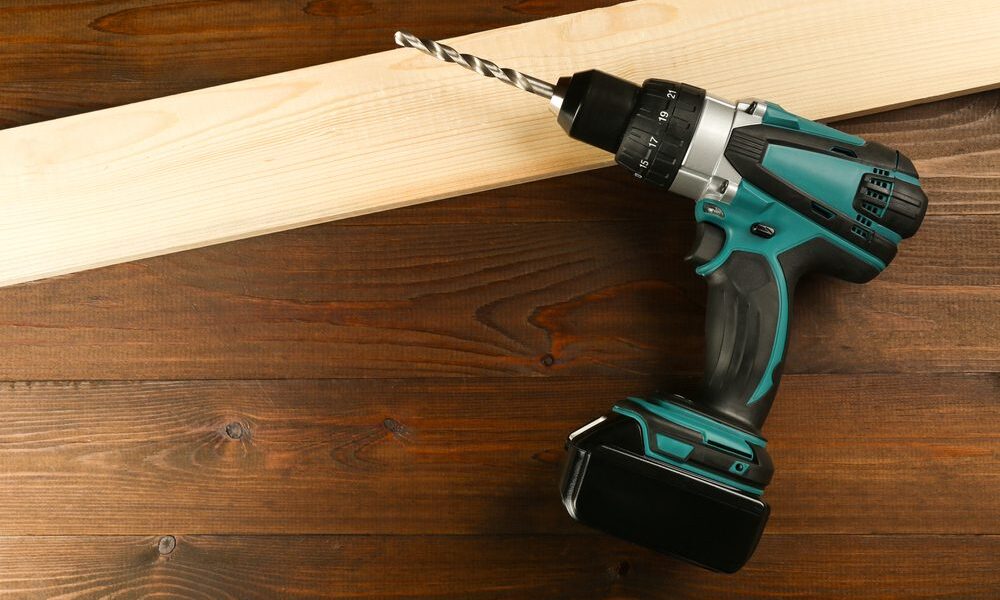Indoor Propane Heaters: A Study of Safety
Outdoor propane heaters are a common sight at many restaurants and cafes. But when it comes to using propane heaters indoors, safety should be our primary concern. Understanding the potential dangers and taking necessary precautions can make all the difference.

Safety Features of Indoor Propane Heaters
Modern propane heaters come equipped with various safety features designed to mitigate risks. The most fundamental of these is the oxygen depletion sensor (ODS), a device that automatically shuts off the heater if the level of oxygen within its vicinity falls below a certain level.
An equally important feature is the tip-over switch. This mechanism disrupts the flow of propane and extinguishes the flame if the heater is accidentally knocked over. Built-in safety measures like these make indoor propane heaters a safer option than their traditional counterparts.
Potential Dangers with Indoor Propane Heaters
Despite built-in safety measures, propane heaters are not without their risks. The primary danger associated with these devices is carbon monoxide (CO) poisoning. This colorless, odorless gas is a byproduct of burning propane. Normal levels of oxygen in the air allow propane to burn completely and safely but in a poorly ventilated area, incomplete combustion can lead to a build-up of CO.
The Importance of Ventilation
Ensuring good ventilation is paramount when using a propane heater indoors. In well-ventilated areas, the small amount of CO produced is quickly dispersed, preventing dangerous build-up. If ventilation is inadequate however, CO can accumulate to lethal levels.
Recognizing the symptoms of CO poisoning is crucial for anyone using propane heaters. Caution signs include headaches, dizziness, and nausea. If these symptoms persist, initiated immediate action is needed – turn off the heater, ventilate the room, and seek medical attention.
Gas Leak Risks
Another concern associated with propane heaters is the potential risk of gas leaks. While propane itself is nontoxic, a leak can lead to the build-up of gas in a confined space, leading to an explosion if a spark is introduced. Modern propane heaters are designed with gas leak detectors that will shut off the heater in the event of a leak, but awareness of the smell of propane — often described as similar to the smell of rotten eggs — is still important.
Certified Models and Routine Maintenance
To increase safety, always choose a heater that’s been certified by a recognised body like the Underwriters Laboratories (UL). Certified models have undergone stringent safety checks and conform to standard safety guidelines. Routine maintenance is equally important. Regular checks can help identify potential problems like leaks or blockages early on, preventing bigger issues in the long run.
Proper Installation and Usage
A safe installation environment is key when using a propane heater. The heater should be positioned away from flammable materials and high traffic areas, and it should never be used as a primary heat source for any indoor space. Heater usage should be attended and turned off completely when leaving the space or going to bed.
In the hands of a responsible and informed user, propane heaters can indeed be safe for indoor use. While they provide a viable solution for heating spaces when the temperature drops, never underestimate the importance of investing in safety.
Recommended Woodworking Tools
HURRICANE 4-Piece Wood Chisel Set – $13.99
CR-V steel beveled edge blades for precision carving.
GREBSTK 4-Piece Wood Chisel Set – $13.98
Sharp bevel edge bench chisels for woodworking.
As an Amazon Associate, we earn from qualifying purchases.



